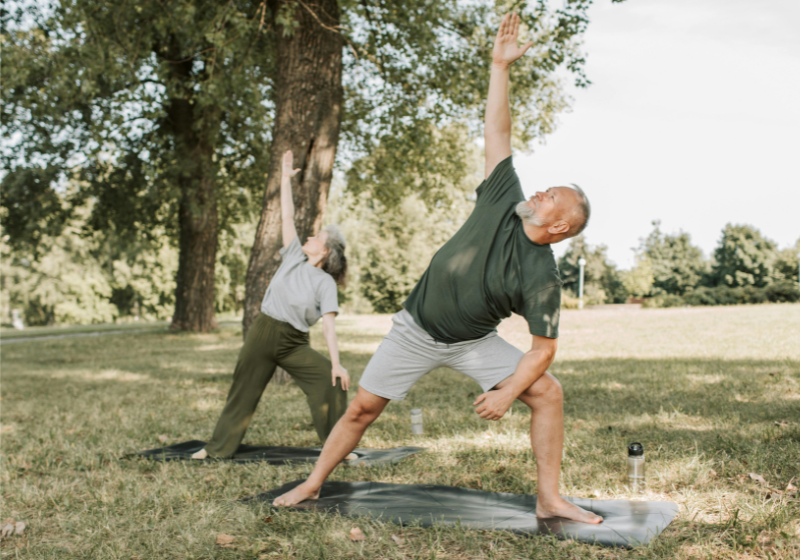Given the struggles that come with aging, one often overlooked aspect of older adulthood nowadays is spirituality. A study from the Massachusetts College of Pharmacy and Health Sciences on spirituality and successful aging defines the multifaceted concept of successful aging as one involving longevity and an absence of disease and disability.
Researchers argue that religious and spiritual practices can contribute to this pursuit by fostering positive psychological emotions and virtues, including hope, optimism, forgiveness, and gratefulness, which can all serve as mediators for aging well. Likewise, a previous study on Catholic nuns suggests that their positive health outcomes may be associated with their cultural and lifestyle practices, including daily religious practice, prayer, communal living, robust social support, and spirituality.
While religion may not be for everyone, spirituality is a positive aspect of life that we can all work on to improve our lifestyle and outlook. Below, we’ll be sharing some ways to help you tap into your spirituality as a senior:
Yoga
Yoga is one of the first practices that may come to mind when you think of spirituality. This practice can significantly help senior adults with physical benefits such as increased flexibility, improved balance, and better stress management. At the same time, there are also significant spiritual benefits of yoga, teaching one to surrender to the present through a combination of breathing techniques and postures. Consistent yoga practice helps connect your body, breath, and mind and allows you to take the time to slow down and forget any distractions in your daily life.
Practicing yoga can also help train your compassion. Rooted in the ancient practice of yoga in India, the primary aim is to focus the mind and connect with your consciousness to discover peace. Through this, the ancient Indians believed they could help end suffering in the world. This philosophy holds true in modern-day yoga, helping you focus on your energy and generosity.
Nature
Another effective way to tap into your spirituality is to take the time to be one with nature. Of course, this doesn’t mean you must go on daily runs, which can be challenging and physically demanding as you age. However, spending time in nature does help build your sense of holistic balance and personal growth. Studies on environmental activity indicate that being outdoors can provide excellent stress relief. Environmental activity, especially for people over 50, was also associated with increased life satisfaction and positive feelings.
Meanwhile, numerous studies have emphasized that walking outdoors is enough to help you reap the benefits. For older adults, this includes feeling happier and healthier. Aside from walking, there are other ways you can spend more time in nature, including picnicking or environmental volunteering. Beyond helping you spend more time outdoors, these activities are a great way to connect with your local community.
Hobbies
Finally, one of the best ways to engage your spirituality in older adulthood is to grant yourself the freedom and opportunity to do the things you love. In a post discussing what to celebrate about aging, we highlighted, among others, the joy of having more leisure time in our senior years. If you prefer to spend this period resting and relaxing, you shouldn’t let anyone stop you. Similarly, this is likely the best time if you choose an active pursuit of your favorite hobbies, whether traveling or learning new skills like cooking or chess.
At this stage of your life, what matters is to do these things outside the ordinary pressures you may have felt at a younger age. Essentially — doing the things you love for the fun of it and not because you have to. Focusing on doing what you love can also help foster stronger and richer relationships with loved ones and your community, building a solid foundation for trust, stability, confidence, and emotional support, all while positively affecting your brain health and longevity.
This article is a contribution from its author, Jessica Dawn, written for the Living to 100 Club. We thank Jessica for submitting this article.


